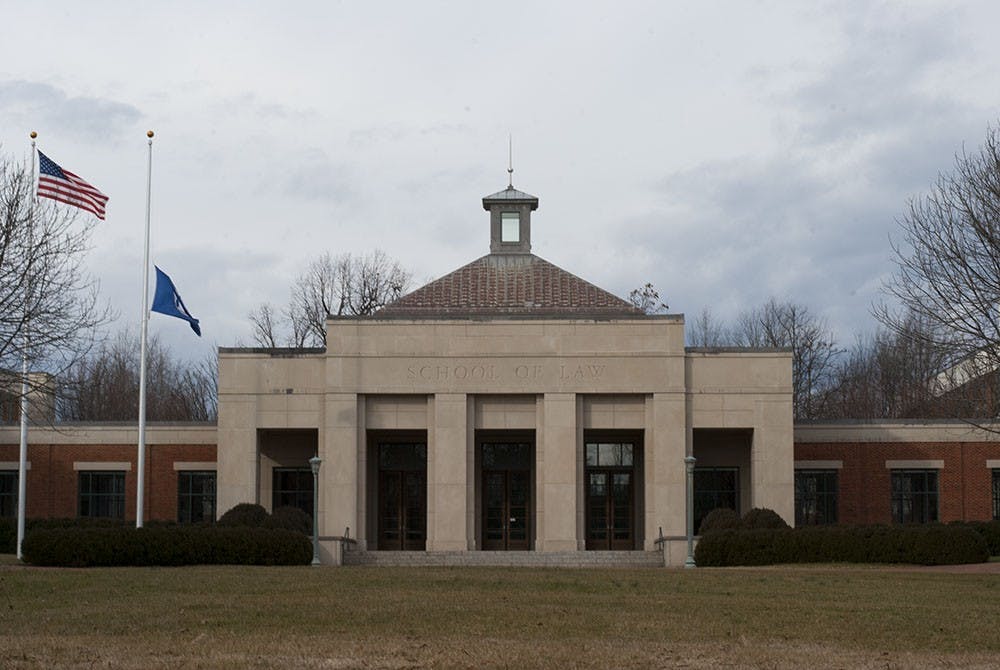The Law School Supreme Court Litigation Clinic will present Henderson v. U.S. in front of the Supreme Court next February. The case concerns individual property rights in the face of government restrictions on convicted individuals possessing firearms.
Clinic Director Dan Ortiz will argue the case.
The case specifically concerns former U.S. Border Patrol agent Tony Henderson, a Florida man charged with selling marijuana in 2006, who was asked by a local court to give his firearms to the government for safekeeping. Henderson subsequently turned in his guns and served six months in jail.
Ortiz said Henderson tried to sell the weapons, but the lower court barred him from doing so.
"Knowing that his conviction barred him from ever possessing firearms himself, [Henderson] later tried to arrange for the government to transfer the guns to someone who would pay him for them,” Ortiz said in a press release. “The government refused, saying that to do so would somehow attach constructive possession of the guns to our client.”
The Supreme Court hears about one percent of cases put forward to the body, said Law School Prof. Toby Heytens, who is working on the case.
“We look for cases that involve a conflict in Federal law,” Heytens said. In particular, they are interested in cases which show differing opinions among circuit courts.
Former clinic student and Law School graduate Gillian Giannetti discovered the case while researching opinions from the 11th U.S. Circuit Court of Appeals.
"I was intrigued by the clear circuit split, as well as the uniqueness of the question,” Giannetti said in a press release.
Giannetti said it was because of the clinic’s work that the defendant got the Supreme Court to grant certiorari, or the writ by which a higher court reviews a decision of a lower court.
“Henderson was a very short, non-precedential opinion, which on its face would make it an unlikely candidate for Supreme Court review," Giannetti said in the press release. "Additionally, Mr. Henderson had represented himself in the court below. I think the fact that the court granted certiorari speaks to the talent and ingenuity of the clinic's participants."
Heytens said the clinic allows students to gain hands-on experience.
“The students have the opportunity be involved in all stages of the litigation,” Heytens said. “We have between 12 and 17 students every year.”
Ortiz said students draft and revise briefs, and, if there is an oral argument, help the director who will argue the case. Since the Supreme Court notified the clinic Monday that it would review the case, no current Law students have been assigned to the case.
Henderson v. U.S. is the 12th case the clinic has taken to the Supreme Court.







